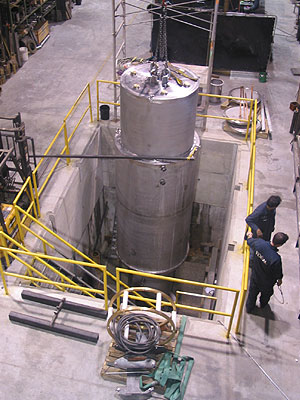Understanding Machining
and Machine Shops

Machining is one of the most
vital
processes used in fabrication and manufacturing. It is so important that some fabrication and manufacturing
companies spend the additional resources necessary to create in-house machining
capabilities to handle all of the machining work that arises. The workplace
where machining processes occur is commonly referred to as a "Machine Shop”.
Some machine shops are also expanding the services offered to promote
fabrication and the delivery of finished products.
Machining includes the various
processes used to remove parts from a raw material in order to transform it
into a preferable shape and size. This is generally accomplished using some
sort of machine with a cutting tool to remove the material in a controlled
manner.
Traditional machining relied on
conventional methods to transform the material, but new technologies have led
to these processes being automated. Computer Numerical Controlled (CNC)
machining equipment relies on computer programs to relay instructions on
cutting.
Types of Machining
Any process that works to remove
material from an object can be classified as machining. Common machining
processes include:
-
Turning – applying a lathe
against an object that is being rotated.
-
Boring – enlarging a hole that
has already been drilled.
-
Milling – the cutting tool
rotates around the object to create the desired shape.
There are many different processes that are used for
machining. Turning, boring and milling are the most common processes that have
machines specifically developed to successfully complete the process. These
machines may be conventional and run exclusively by a skilled operator or they
may be CNC machines that can run with minimal supervision. The best machine
shops will often employ a combination of conventional and CNC machines to
ensure that every project along with any emergency repair work can be handled.
The Benefits of Large
Machine Shops
The size of the facilities and
the availability of equipment are often the limiting factors that prevent most
machine shops from
handling large
fabrication and machining projects. Large machine shops have the additional
space to accommodate larger projects and are more likely to have the machining
equipment necessary to finish these larger pieces. This includes the equipment
to move these pieces around the shop; some of these pieces can weigh upwards of
30 metric tons.
Large machine shops are
especially important for handling the requirements for companies in the
following industries:
-
Energy
-
Oil/Gas
-
Mining
-
Construction
Large machine shops also have
the additional space necessary to offer the extra services that go into
fabrication such as welding and assembling.
When choosing a large machine
shop it is important to look for a solid reputation and a history of quality
products. This is the best way to ensure that highly skilled labour and the
latest technology are used to complete the project. The ability to do both
custom work as well as volume production is also important.
Find out all of the benefits of
choosing a quality large machine shop today.